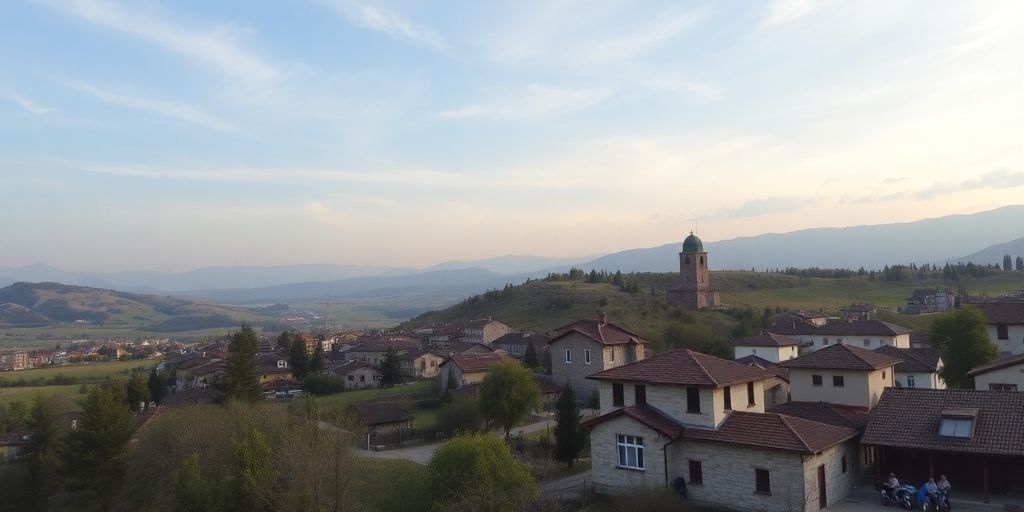In a recent announcement, the Energy Regulatory Office (ZRRE) confirmed that the planned 15% increase in electricity prices will not impact the four Serb-majority municipalities in northern Kosovo. This decision stems from the fact that the ZRRE does not set tariffs for these areas, a situation that has persisted for nearly 25 years.
Key Takeaways
- The 15% electricity price hike will not apply to four northern municipalities in Kosovo.
- The Energy Regulatory Office (ZRRE) does not regulate electricity tariffs in these areas.
- Residents of these municipalities have been exempt from ZRRE tariffs for nearly 25 years.
Background on Electricity Pricing in Kosovo
Electricity pricing in Kosovo has been a contentious issue, particularly in regions with significant ethnic divisions. The ZRRE is responsible for regulating electricity tariffs across the country, but its authority does not extend to the northern municipalities, which are predominantly inhabited by Serbs. This unique situation has led to a complex relationship between the local population and the central government.
The Four Municipalities Affected
The four municipalities that will remain unaffected by the price hike are:
- Mitrovica North
- Zvecan
- Leposavic
- Zubin Potok
These areas have historically operated under different regulatory frameworks, leading to disparities in service and pricing compared to the rest of Kosovo.
Implications for Residents
Residents of the northern municipalities have enjoyed stable electricity prices, which has been a significant factor in their economic stability. The exemption from the price hike means that:
- Households will continue to pay the same rates for electricity.
- Local businesses will not face increased operational costs due to higher energy prices.
- The decision may further entrench the divide between the northern municipalities and the rest of Kosovo, where residents will face the new price increase.
Reactions from Local Leaders
Local leaders in the northern municipalities have expressed relief at the news, emphasizing the importance of maintaining affordable electricity for their communities. Some have argued that the exemption should serve as a model for negotiations between the central government and local authorities, advocating for more autonomy in energy regulation.
Future Considerations
While the current exemption provides immediate relief, it raises questions about the long-term sustainability of energy pricing in Kosovo. Key considerations include:
- The need for a unified energy policy that addresses the disparities between different regions.
- Potential negotiations between the Kosovo government and local leaders to establish a more equitable energy framework.
- The impact of these decisions on Kosovo’s overall energy infrastructure and investment in renewable energy sources.
As Kosovo continues to navigate its complex political landscape, the issue of electricity pricing will remain a critical topic for both residents and policymakers. The exemption for the northern municipalities highlights the ongoing challenges of governance and regulation in a divided society, and it will be essential to monitor how these dynamics evolve in the coming months.






